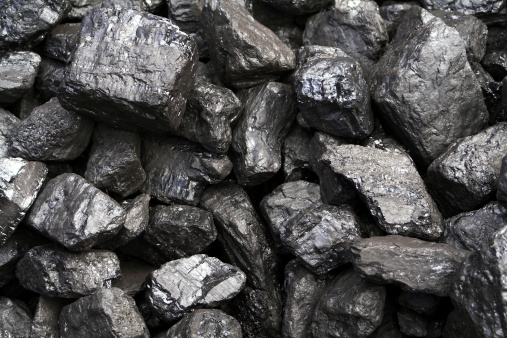Economy
West Virginia, Mired in Poverty, Stuggles With Huge Chemical Spill
Published:
Last Updated:
West Virginia has slightly fewer than 1.9 million residents. Over the past few days, 300,000 of them have not been able to drink local water because of a chemical spill with effects tap water. Outsiders claim the state has been ill-equipped to deal with the trouble. Actually, the state is so poor, and its government so strained by efforts to dig people out of poverty, it is a wonder it is equipped to do much at all.
The guilty party in the spill is Freedom Industries. Just a few industries dominate the employment base in the state. Freedom Industries is a chemical company — and a major source of jobs. The other large employers are in the coal sector, which is in retreat, leaving thousands of people without work. That leaves Freedom Industries and companies like it as essential to the state’s economy. West Virginia is expected to aggressively and strictly police these largest employers, and that leaves the state in a bind. It cannot afford to have any of them leave the state.
West Virginia’s poverty statistics are staggering. The national poverty rate is 15.9%. West Virginia’s is 17.8%. That number peaked at 18.6% in 2011, but it remains well above where it was in 2008 just before the recession. In terms of media household income, West Virginia ranked 49th among the 50 states in 2012, at $38,482.
If the past is any indication, there has not been much movement in state poverty rates and household income compared to the national figures over the past several years. And the mix of employers in West Virginia and the trajectories of their worker bases makes it likely that the state has among its challenges that the numbers will get worse.
Apparently, West Virginia did not have regulations in place that would cover a leak like the one involving Freedom Industries. Among the possible reasons is that the state has so few financial resources. Poor states do face a lack of government resources, which may be a reason that the spill was harder to prevent than in some other states. However, in West Virginia there may be a second issue. Can it afford to alienate the few employers it has left?
Thank you for reading! Have some feedback for us?
Contact the 24/7 Wall St. editorial team.